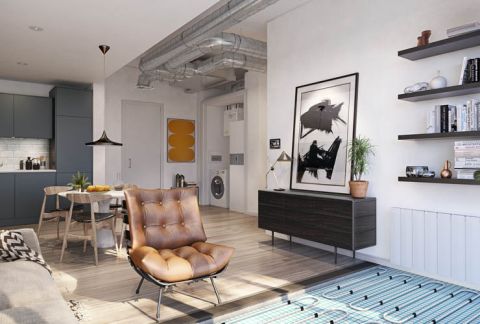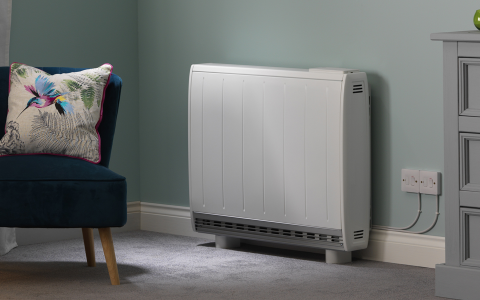The CCC’s June 2020 Emissions Progress Report
The Committee on Climate Change’s (CCC) most recent update on how the UK is progressing towards the achievement of emissions-based targets, such as net zero by 2050 and the carbon budgets, has certainly been listened to. There is no doubt that it influenced the Chancellor's recent Summer Economic Update and the decision to target a green recovery from the Covid-19 crisis.
So, what does the CCC see as the future of construction and what can be done to prepare for the changes this will make to HVAC specification?
We have summarised key industry insights in our 196-page report, structured by most commonly asked questions
Our report covers :
- How has lockdown affected the UK’s emissions progress?
- Has investment in low carbon solutions been shown to be commercially beneficial?
- Is the carbon tax scheme in London going to be applied to the whole of the UK? What does this mean for the development of upcoming regulation changes?
- Will Government address the cost difference between electricity and gas?
Our range of HVAC solutions aim to provide future proof technologies to building projects over various sectors.

Updates to core Building Regulations hail the start of an energy transition
Last week saw the introduction of new Building Regulations for England with implications for heating, ventilation and hot water use in new and existing homes. This marks the start of an energy transition as we decarbonise our homes to meet future climate targets.

What is the requirement for HVAC system compliance for a collective housing application?
One regulatory requirement for collective housing applications, or large residential developments, is to comply with Part L of the Building Regulations. The updated Part L has been published and is concerned with the conservation of power and fuel in buildings. Fixed heating, ventilation and air conditioning services in new residential dwellings play a large part in achieving the required energy performance of a building and their targets and requirements are outlined in this Approved Document.

How do ambient networks that use in-apartment heat pumps work?
Ambient networks typically consist of in-apartment water-to-water heat pumps connected via a central loop to a central plant. Each heat pump uses ambient water from the central loop to provide heating, hot water and even cooling into the apartment. For domestic hot water use, the heated water is stored in an unvented, integrated cylinder that sits below the heat pump module in the apartment, whilst the heating circuit could use emitters such as radiators, fan coils or underfloor arrays.











